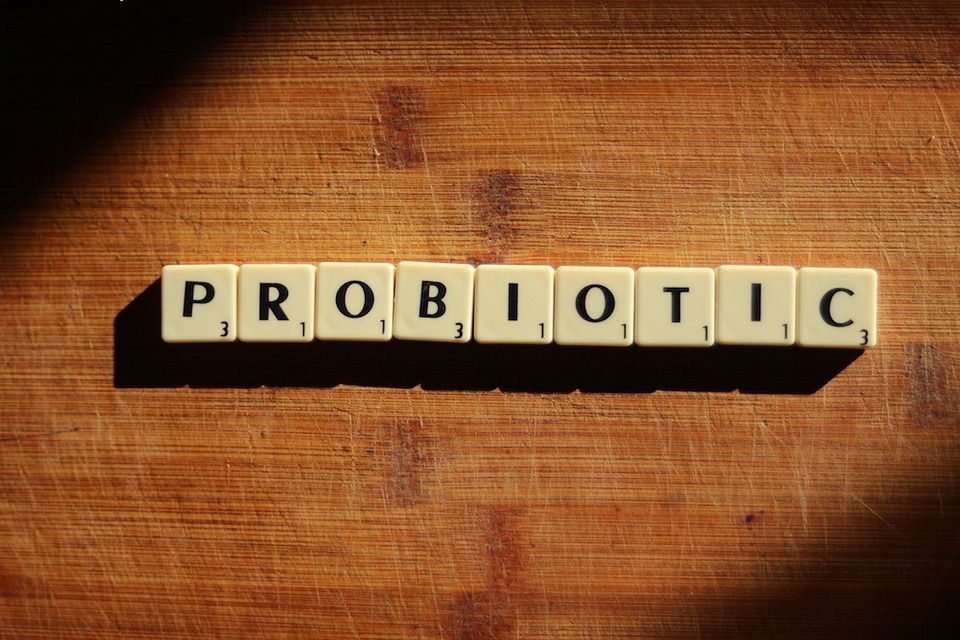Nutrient absorption is a critical process that allows our bodies to extract essential vitamins, minerals, and other nutrients from the foods we eat. However, many factors can interfere with nutrient absorption, including poor gut health. Emerging research suggests that probiotics, which are live microorganisms that are beneficial for our health, may offer a natural and effective way to support nutrient absorption. In this blog, we’ll explore the effects of probiotics on nutrient absorption and the potential benefits of incorporating probiotics into your routine.
The Gut-Nutrient Connection
The gut plays a crucial role in nutrient absorption. The small intestine, in particular, is responsible for absorbing most of the nutrients from the foods we eat, including carbohydrates, fats, proteins, vitamins, and minerals.
The gut microbiota also plays a critical role in nutrient absorption. The gut microbiota helps to break down food and extract nutrients, and it also produces certain vitamins and other compounds that are essential for health.
How Probiotics Can Improve Nutrient Absorption
Probiotics can improve nutrient absorption by improving gut health and supporting the gut microbiota. Studies have shown that probiotics can help:
- Improve gut barrier function, which can prevent the entry of harmful bacteria and other compounds into the bloodstream
- Increase the production of digestive enzymes, which can help break down food and extract nutrients
- Enhance the absorption of certain nutrients, such as calcium and iron
- Improve the balance of the gut microbiota, which can help regulate the production of certain vitamins and other compounds that are essential for health
In addition, probiotics can help alleviate other health issues that can interfere with nutrient absorption, such as digestive problems and immune dysfunction.
Choosing the Right Probiotics for Nutrient Absorption
When choosing a probiotic supplement for nutrient absorption, look for one that contains strains that have been shown to be effective, such as Lactobacillus acidophilus, Bifidobacterium bifidum, and Lactobacillus rhamnosus GG. It’s also important to choose a supplement that contains a high number of colony-forming units (CFUs) and to follow the recommended dosage on the label.
In addition to probiotic supplements, you can also get probiotics from fermented foods, such as yogurt, kefir, kimchi, sauerkraut, and kombucha.
Other Strategies for Maximizing Nutrient Absorption
While probiotics can be an effective way to improve nutrient absorption, there are other strategies that can also help. These include:
- Eating a varied and balanced diet that is rich in fruits, vegetables, whole grains, and lean protein
- Chewing food thoroughly to aid in digestion
- Avoiding certain medications or substances that can interfere with nutrient absorption, such as antacids and alcohol
- Managing stress through relaxation techniques, such as meditation or deep breathing exercises
Conclusion
Nutrient absorption is a critical process that allows our bodies to extract essential vitamins, minerals, and other nutrients from the foods we eat. However, poor gut health can interfere with this process, leading to nutrient deficiencies and other health issues. Emerging research suggests that probiotics offer a natural and effective way to support nutrient absorption by improving gut health and supporting the gut microbiota.
When choosing a probiotic supplement for nutrient absorption, look for one that contains strains that have been shown to be effective, such as Lactobacillus acidophilus, Bifidobacterium bifidum, and Lactobacillus rhamnosus GG. By incorporating probiotics and other nutrient-absorption strategies into your routine, you can optimize your nutrient intake and support your overall health and well-being.







